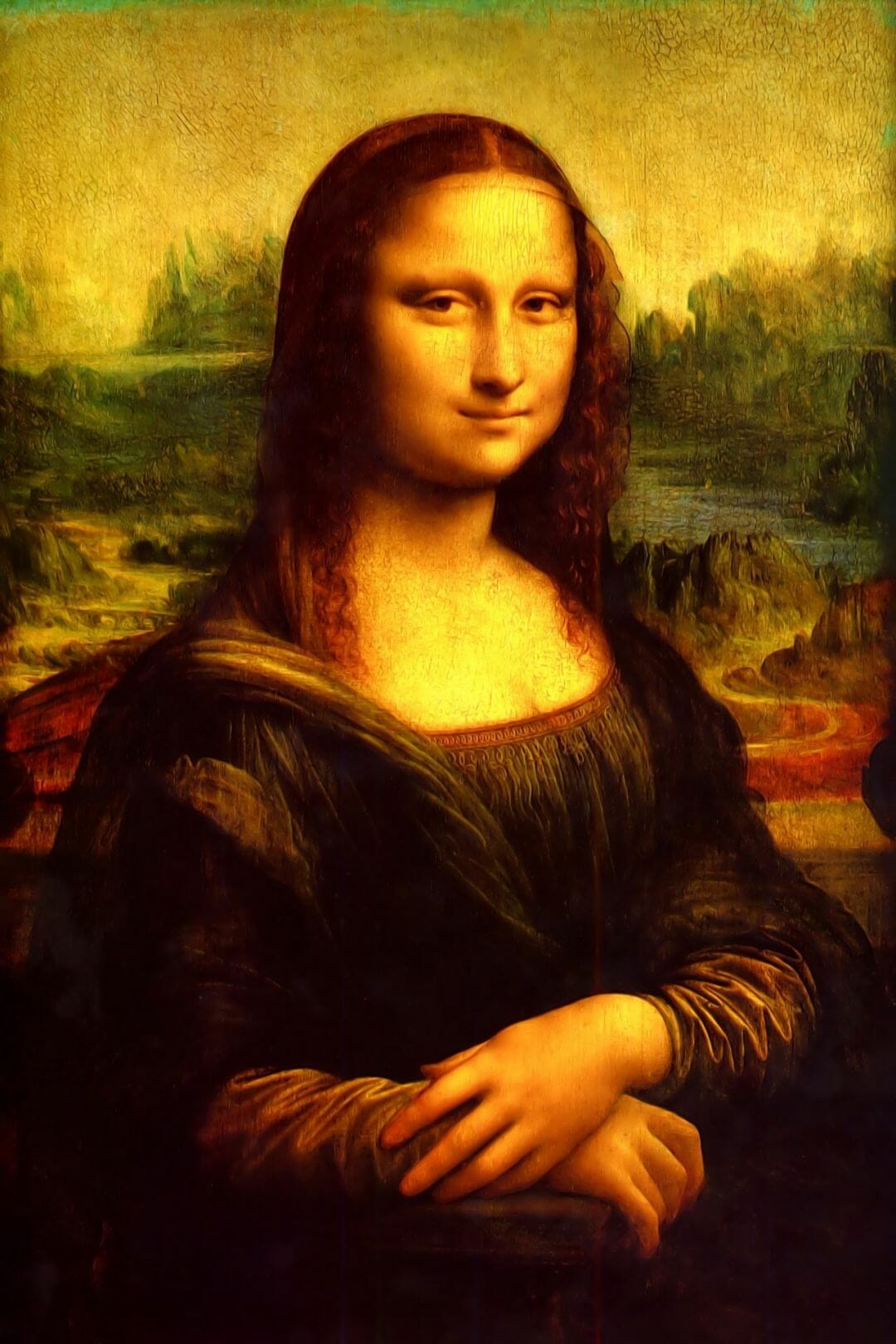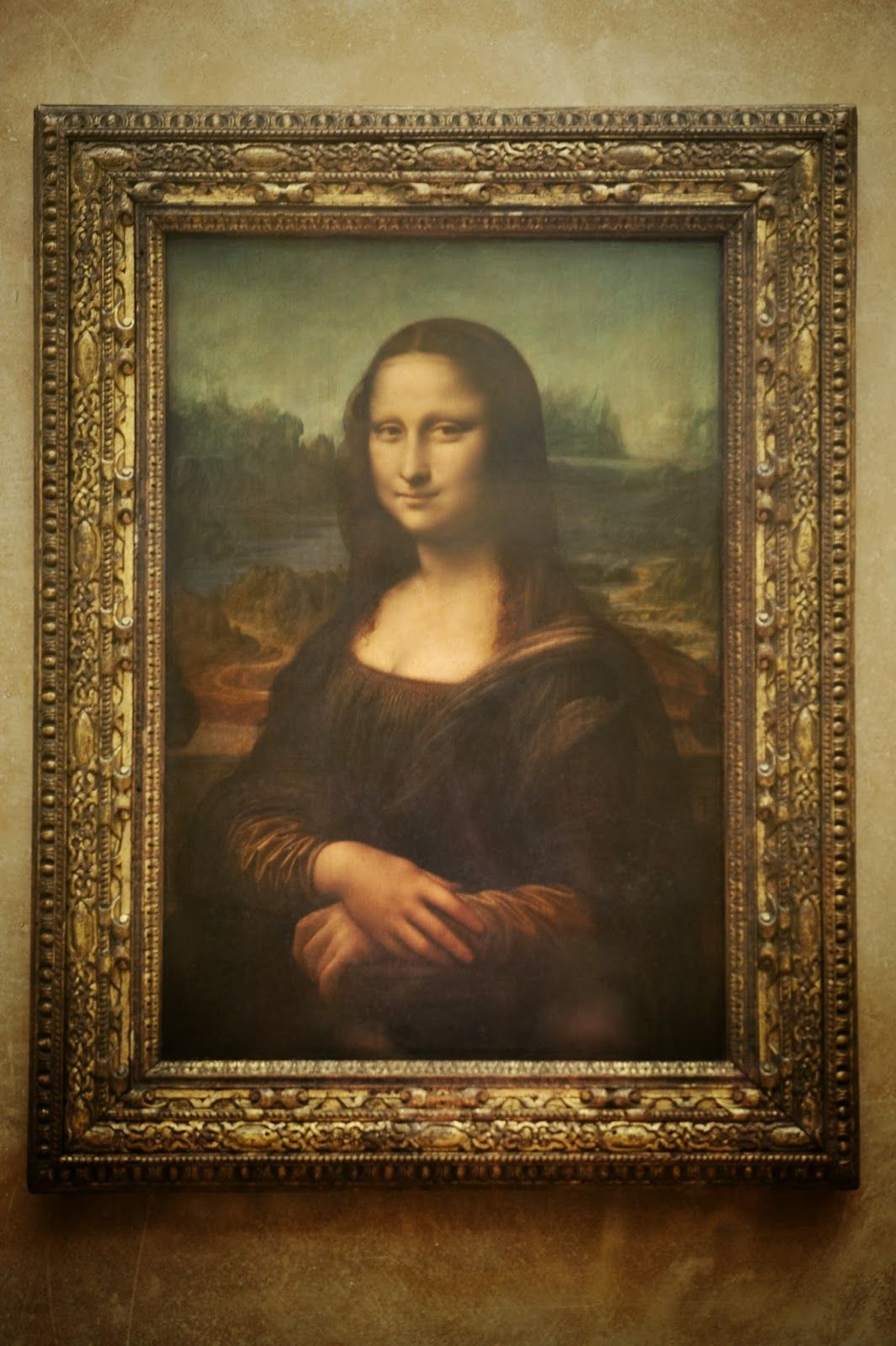Discover the fascinating world of "fotos de la Mona" and delve into the artistic brilliance behind one of the most iconic paintings in history. The Mona Lisa, or "La Gioconda," has captivated audiences for centuries with its enigmatic smile and intricate details. In this article, we will explore the various photographs, reproductions, and interpretations that have immortalized this masterpiece.
As one of the most recognized paintings globally, the Mona Lisa continues to inspire artists, photographers, and enthusiasts alike. This article will provide an in-depth look at the history, significance, and modern-day interpretations of this legendary artwork.
Join us on a journey through the world of "fotos de la Mona," where we uncover the secrets behind her timeless allure and the cultural impact she has left on generations.
Read also:Heres The Scoop A Comprehensive Guide To Unveiling The Secrets You Need To Know
Table of Contents
- Biography of Mona Lisa
- History of the Mona Lisa
- Photographs of the Mona Lisa
- Artistic Interpretations
- Modern-Day Mona Lisa
- Techniques Used in Photos
- Significance of Fotos de la Mona
- Cultural Impact
- Statistics and Facts
- Conclusion
Biography of Mona Lisa
Before diving into the photographs and interpretations, it's essential to understand who Mona Lisa was. She is believed to be Lisa Gherardini, the wife of a Florentine merchant named Francesco del Giocondo. Below is a brief overview of her life:
Biographical Data
| Name | Mona Lisa (Lisa Gherardini) |
|---|---|
| Birth | June 15, 1479, Florence, Italy |
| Marriage | Francesco del Giocondo (1495) |
| Death | July 15, 1542, Florence, Italy |
| Legacy | Immortalized by Leonardo da Vinci's masterpiece |
Her life remains shrouded in mystery, but her portrait has become a symbol of beauty and intrigue.
History of the Mona Lisa
The Mona Lisa, painted by Leonardo da Vinci between 1503 and 1506, is one of the most celebrated works of art in the world. This section explores the origins of the painting and its journey through history.
- Commissioned by Francesco del Giocondo
- Painted over several years with meticulous detail
- Acquired by King Francis I of France
- Displayed at the Louvre Museum since 1797
The painting's rich history adds to its allure, making it a subject of fascination for centuries.
Photographs of the Mona Lisa
With advancements in photography, the Mona Lisa has been captured in countless images, each offering a unique perspective. This section highlights some of the most iconic photographs of the painting.
Types of Photos
- Close-up shots focusing on her smile
- Wide-angle views showcasing the entire painting
- Black-and-white photographs emphasizing contrast
- High-resolution digital images for detailed analysis
These photographs not only preserve the painting's beauty but also allow for deeper study and appreciation.
Read also:Exploring The Consolidated Dickinson Nd A Comprehensive Guide
Artistic Interpretations
Artists worldwide have been inspired by the Mona Lisa, creating their own interpretations through various mediums. This section explores how photographers and artists have reimagined "fotos de la Mona."
Modern Interpretations
- Digital art renditions
- Photographic recreations with models
- Abstract interpretations using mixed media
These interpretations highlight the painting's timeless appeal and adaptability to contemporary art forms.
Modern-Day Mona Lisa
In today's digital age, the Mona Lisa continues to inspire new generations of artists and photographers. This section examines how modern technology has transformed the way we view and interact with "fotos de la Mona."
With virtual reality and augmented reality experiences, audiences can now explore the painting in immersive environments, enhancing their understanding and appreciation of its intricacies.
Techniques Used in Photos
Photographing the Mona Lisa requires skill and precision to capture its nuances accurately. This section discusses the techniques employed by photographers to achieve stunning results.
Key Techniques
- High-definition cameras for detailed shots
- Proper lighting to enhance textures and colors
- Angle adjustments for dynamic perspectives
These techniques ensure that the painting's beauty is preserved and enhanced in photographic form.
Significance of Fotos de la Mona
The photographs of the Mona Lisa hold immense cultural and historical significance. This section delves into why "fotos de la Mona" continue to captivate audiences worldwide.
From its enigmatic smile to its intricate background, every detail of the painting tells a story. Photographs allow these stories to be shared and appreciated by a global audience.
Cultural Impact
The Mona Lisa has left an indelible mark on global culture, influencing art, fashion, and media. This section explores the painting's impact on various aspects of modern society.
From being featured in films and advertisements to inspiring fashion collections, the Mona Lisa's influence extends far beyond the art world.
Statistics and Facts
Here are some interesting statistics and facts about the Mona Lisa:
- Approximately 6 million people visit the Louvre to see the Mona Lisa annually.
- The painting is insured for $780 million, making it one of the most valuable artworks in the world.
- Leonardo da Vinci spent over 16 years working on the painting.
These figures underscore the painting's importance and the fascination it continues to evoke.
Conclusion
In conclusion, "fotos de la Mona" provide a fascinating glimpse into the world of one of the most iconic paintings in history. From its rich history to its modern-day interpretations, the Mona Lisa continues to inspire and captivate audiences worldwide.
We invite you to share your thoughts and experiences in the comments below. Additionally, explore our other articles for more insights into the world of art and photography.


